 Abraham Lincoln
If given the truth, the people can be depended upon to meet any national crisis...
Abraham Lincoln
If given the truth, the people can be depended upon to meet any national crisis...
 Guildford news...
for Guildford people, brought to you by Guildford reporters - Guildford's own news service
Guildford news...
for Guildford people, brought to you by Guildford reporters - Guildford's own news service
Opinion: Healthy Lessons In Our Air Quality Learnt From Lockdown’s Reduced Traffic
Published on: 14 May, 2020
Updated on: 15 May, 2020
by Diana Jones
Green Party borough councillor for Tillingbourne
Mingled with the awful deaths and other effects of coronavirus, there are glimmers of hope, tales of nature recovering and people enjoying cleaner air. What are the lessons here for how we recover from lockdown, and how we can help prevent future pandemics taking such a tragically high toll?
One thing we can reflect on is the impact of traffic and air pollution. Cars are gradually returning to the roads but in the first weeks of lockdown, who couldn’t help but notice how much cleaner the air was and how much quieter our villages and towns?
…who couldn’t help but notice how much cleaner the air was and how much quieter our villages and towns?
The AA said the amount of traffic during lockdown has taken us back to levels last seen in the 1970s, when the UK had almost three times fewer cars.
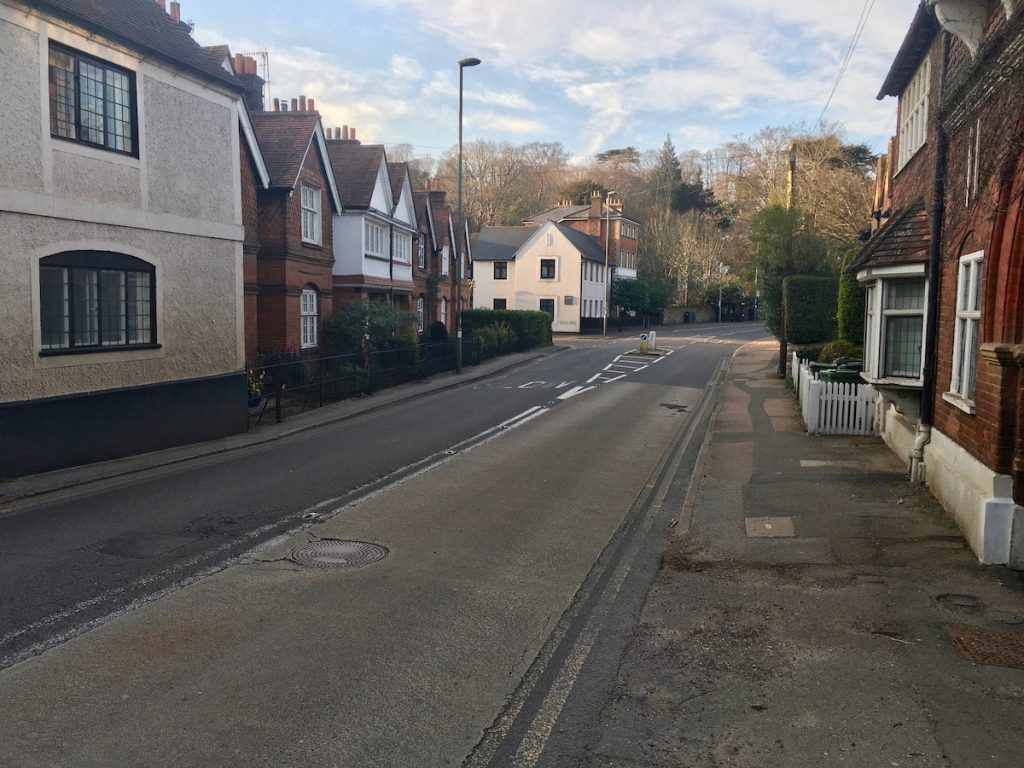
The Portsmouth Road at St Catherine’s taken at 5.20pm on March 26. Queues often form here during rush hours.
Research has suggested the resulting improved air quality has led to 11,000 fewer deaths in the UK and Europe, and that’s not including the potential deaths that could have been caused, but haven’t, by air pollution exacerbating coronavirus. Air pollution is thought to be a main factor in causing coronavirus deaths. With the pandemic hitting the poorest hardest, that is linked to exposure to pollution in many poorer neighbourhoods.
 Most of us have been able to see and smell the benefits of cleaner air for ourselves. Even those “shielding” who cannot go out have reported less noise from roads, and seeing more wildlife in their gardens.
Most of us have been able to see and smell the benefits of cleaner air for ourselves. Even those “shielding” who cannot go out have reported less noise from roads, and seeing more wildlife in their gardens.
The increased safety has also allowed children to play in streets, with families on their daily exercise often able to use the whole road to space out and maintain social distancing. Some councils, such as in Brighton and Suffolk, temporarily closed selected roads to cars so pedestrians and cyclists could exercise safely.
Now, some say we need to return to a full-strength economy as soon as possible, and it is simply not practical to close roads or reduce the number of cars. But the rise of home-working gives the lie to that. Hundreds of thousands of people have discovered it’s perfectly possible to use modern technology to do their jobs without having to spend hours in traffic. Of course, some will still have to go to work, but reducing unnecessary travel will reduce traffic, making driving for those who have to quicker (fewer jams) and safer.
And that point about safety is pertinent. There were actually four times more deaths from traffic accidents in 1970 than in 2018, despite the lower number of cars. What changed? In short, an integrated public health campaign with funding for accompanying infrastructure changes. Speed bumps, speed limits, speed cameras, and a concerted awareness-raising effort in the media and in schools helped save lives. We can learn from that.
Now is the time to treat air pollution as the public health crisis it is, and invest in walking, cycling and electric public transport and electric vehicles, to reduce its killer effects. That way, our population will be healthier and happier, and more resilient not just to pandemics such as coronavirus, but to the looming climate emergency, too.
Responses to Opinion: Healthy Lessons In Our Air Quality Learnt From Lockdown’s Reduced Traffic
Leave a Comment Cancel replyPlease see our comments policy. All comments are moderated and may take time to appear.

"Found any?" - "Nope, it all looks green to me!" (See Opinion: The Future is Congested, the Future is Grey)
www.abbotshospital.org/news/">
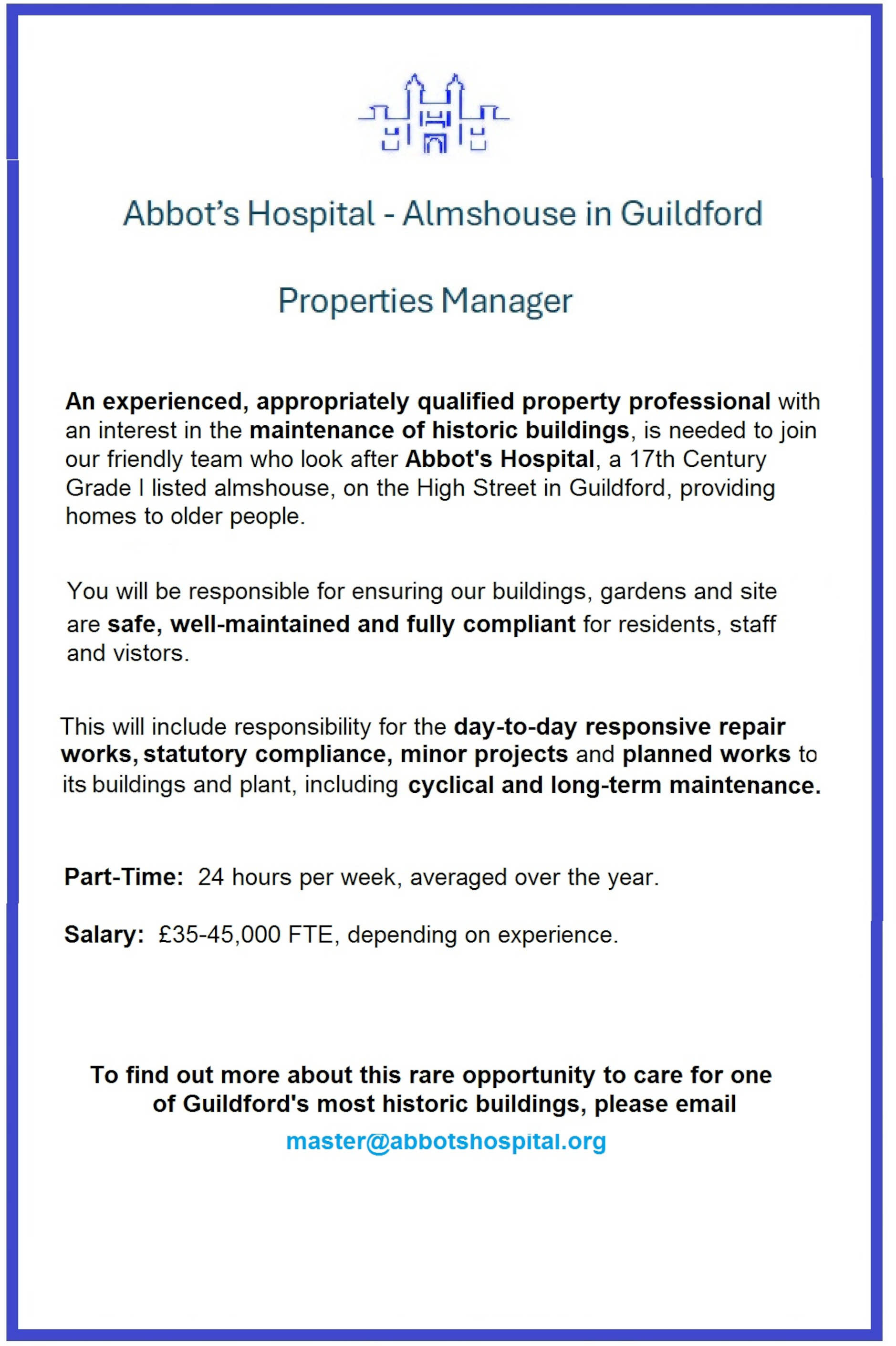
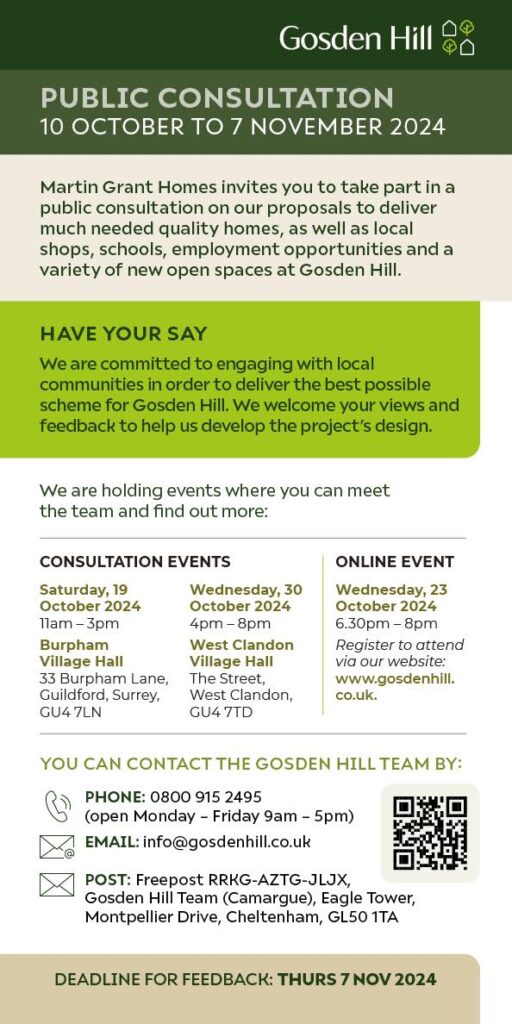

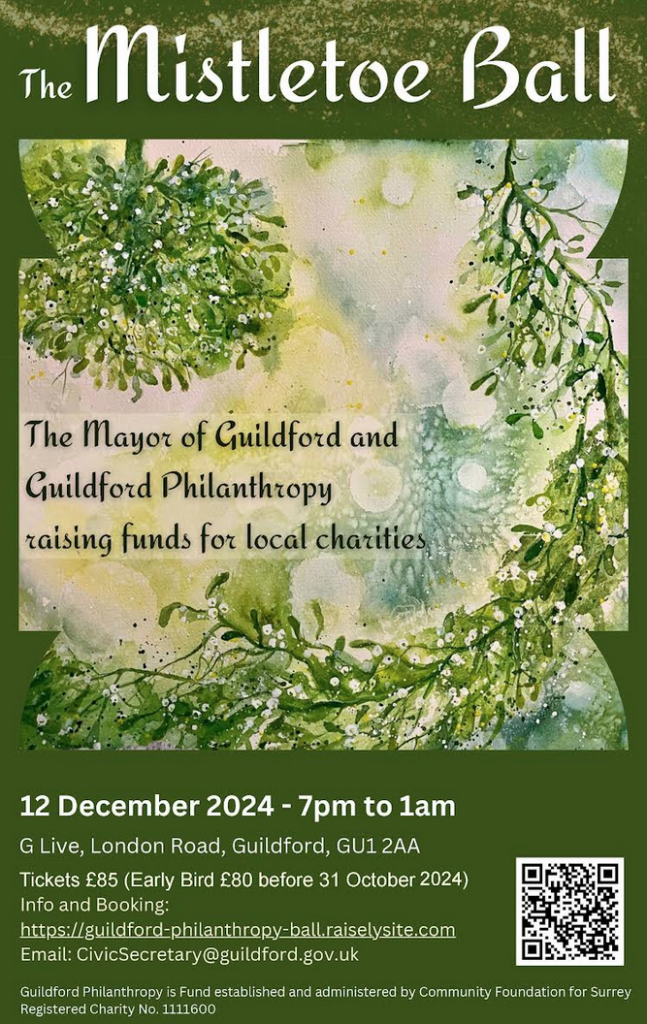

Recent Articles
- Latest Evidence in Sara Sharif Trial
- Ash’s New Road Bridge Is Named – and November 23rd Is Opening Day
- Class A in Underwear Leads to Jail Sentence
- Historical Almshouse Charity Celebrates Guildford in Bloom Victory
- Notice: Shalford Renewable Showcase – November 16
- Firework Fiesta: Guildford Lions Club Announces Extra Attractions
- Come and Meet the Flower Fairies at Watts Gallery
- Updated: Royal Mail Public Counter in Woodbridge Meadows to Close, Says Staff Member
- Letter: New Developments Should Benefit Local People
- Open Letter to Jeremy Hunt, MP: Ash’s Healthcare Concerns


Recent Comments
- Paul Spooner on Ash’s New Road Bridge Is Named – and November 23rd Is Opening Day
- Harry Eve on Opinion: The Future is Congested, the Future is Grey
- Nigel Keane on Letter: New Developments Should Benefit Local People
- Nathan Cassidy on Updated: Royal Mail Public Counter in Woodbridge Meadows to Close, Says Staff Member
- T Saunders on Opinion: The Future is Congested, the Future is Grey
- Jim Allen on Updated: Royal Mail Public Counter in Woodbridge Meadows to Close, Says Staff Member
Search in Site
Media Gallery
Dragon Interview: Local Artist Leaves Her Mark At One of England’s Most Historic Buildings
January 21, 2023 / No Comment / Read MoreDragon Interview: Lib Dem Planning Chair: ‘Current Policy Doesn’t Work for Local People’
January 19, 2023 / No Comment / Read MoreA3 Tunnel in Guildford ‘Necessary’ for New Homes, Says Guildford’s MP
January 10, 2023 / No Comment / Read More‘Madness’ for London Road Scheme to Go Ahead Against ‘Huge Opposition’, Says SCC Leader
January 6, 2023 / No Comment / Read MoreCouncillor’s Son Starts Campaign for More Consultation on North Street Plan
December 30, 2022 / No Comment / Read MoreCounty Council Climbs Down Over London Road Works – Further ‘Engagement’ Period Announced
December 14, 2022 / No Comment / Read MoreDragon Interview: GBC Reaction to the Government’s Expected Decision to Relax Housing Targets
December 7, 2022 / No Comment / Read MoreHow Can Our Town Centre Businesses Recover? Watch the Shop Front Debate
May 18, 2020 / No Comment / Read More



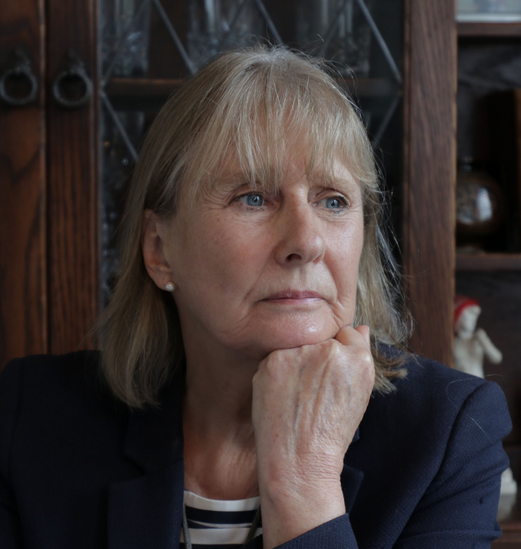



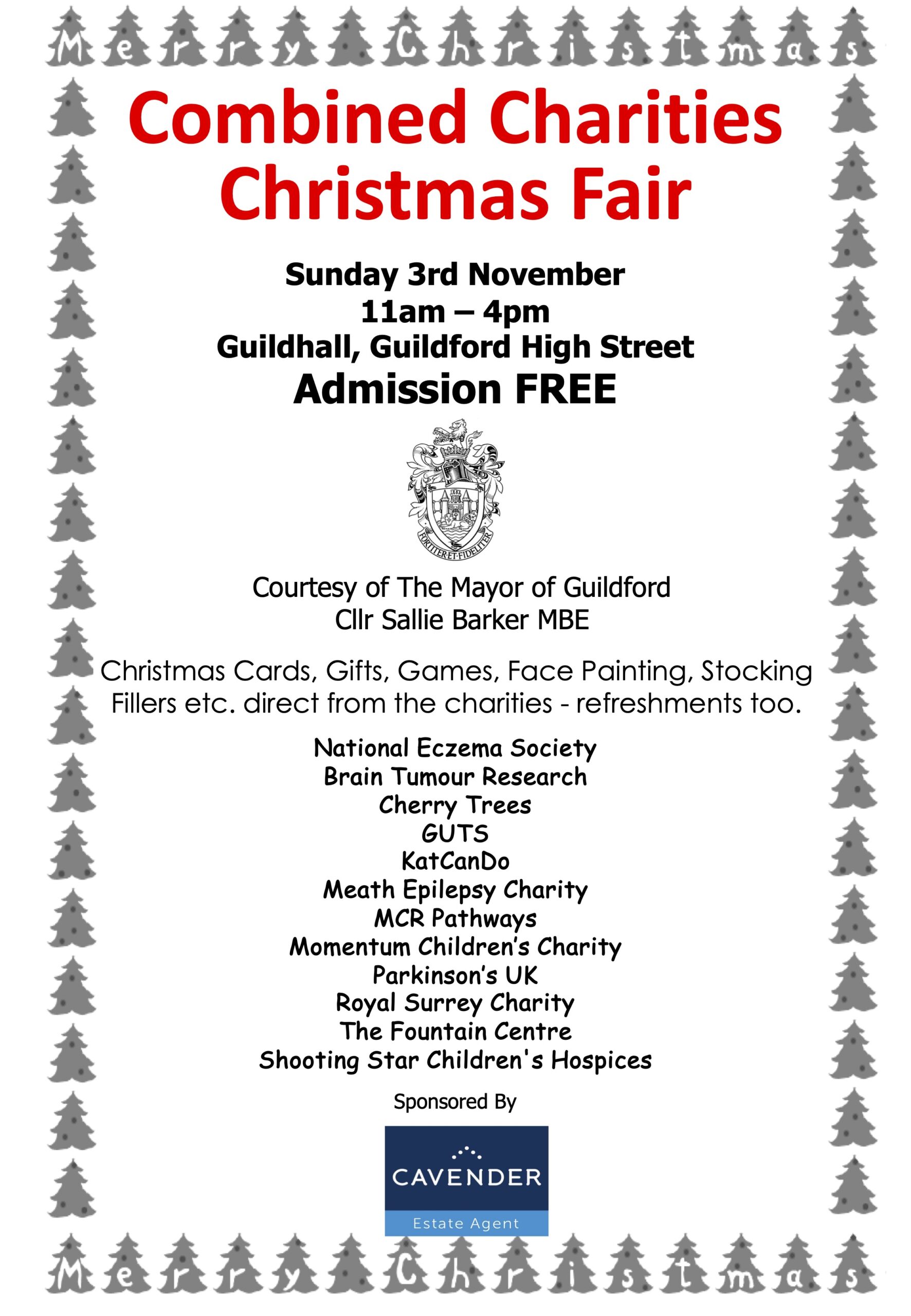
R Connor
May 15, 2020 at 4:27 pm
I agree with Cllr Diana Jones, we must take this unexpected, but costly, silver lining from the pandemic and build on it, rather than rush back to the awful congested, grubby streets AND skies.
Who can deny that an emptier sky has significantly helped in improving air quality?
It has also shown there’s an essential need for more open spaces near new developments, that highrise flats aren’t the answer, that we need to stop building on farm land and show an understanding of how we can all walk and live, without falling over each other; wider pavements in town would be a start.
What better legacy for those who have tragically lost their lives to Covid-19, than an improved, cleaner world for everyone, instead everyone mindlessly rushing back to the dirty, smelly, hamster wheel?
Where to start though? How about bringing back Sunday closing, so the opportunity for many to slow down happens once a week? Just a thought.